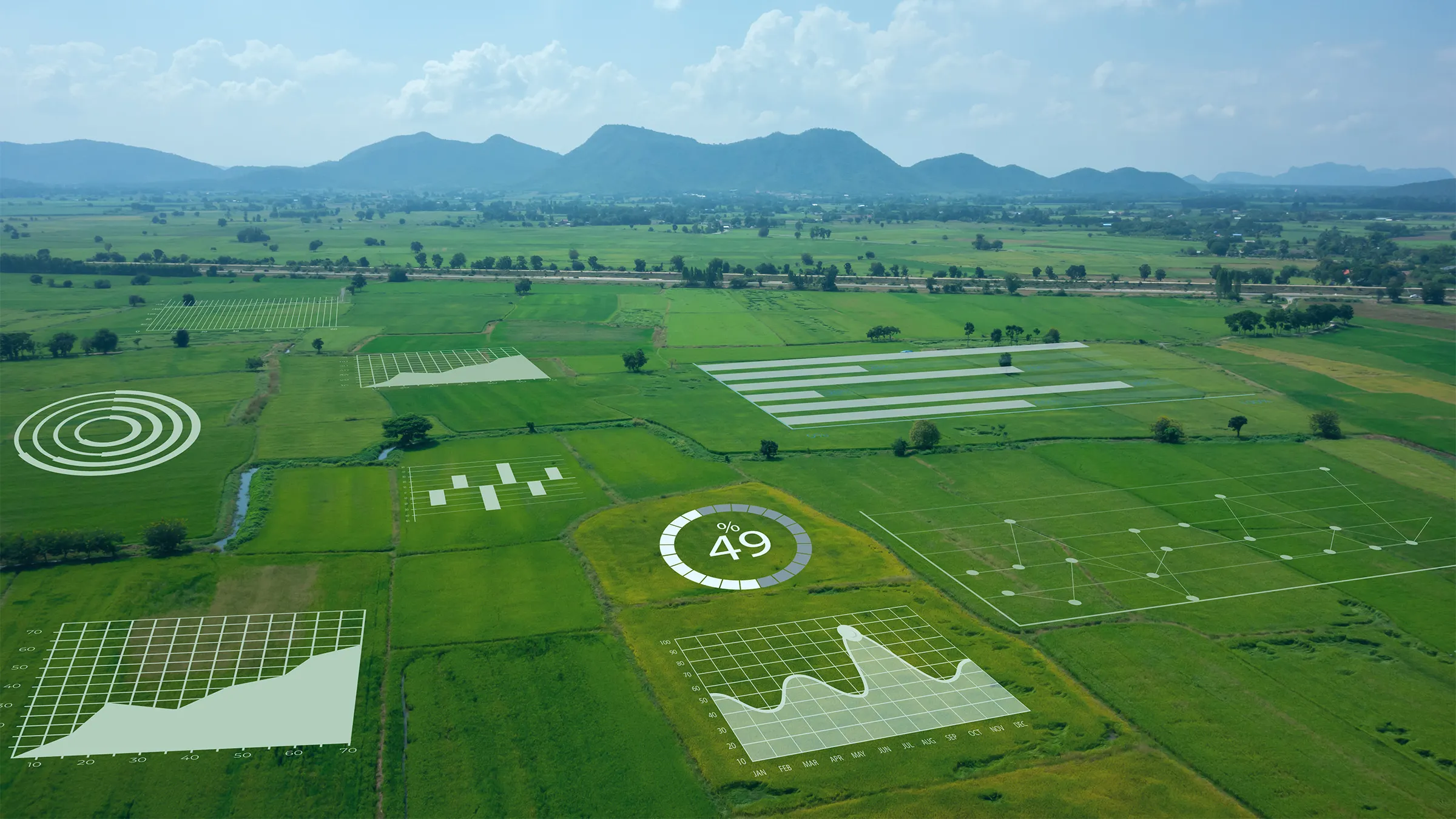The transformative power of AI across industries has great potential in one of the world’s oldest and most critical sectors: agriculture. Specifically, “edge AI” may be able to transform farming practices, boost productivity yields, and hit sustainability goals across the global food chain, a new study suggests.
Edge AI is where AI algorithms are programmed directly on local devices "at the edge" of a network instead of in a centralized data center.
"Leveraging the integration of sensors and edge AI (for example, in smart farm vehicles and machines) will facilitate the precise dispensation of optimal quantities of irrigation water and agrochemicals to individual plants or specific areas, thus advancing sustainability strategies on farms through the reduction of water, fertilizers, and agrochemicals,” the study noted.
AI apps could also run on Internet-of-Things sensors distributed throughout farm facilities or in the field.
The benefits of edge AI can include real-time data delivery, faster decision-making, improved network reliability and privacy, and better energy efficiency.
The research, published in Nature Sustainability, starts with the premise that the world faces a serious food production challenge as we grapple with feeding a growing population projected to reach 9 billion people by 2050. The team of international researchers—including scientists from the U.S., U.K., Australia, Belgium, Germany, and Africa—concluded that edge AI is a promising solution to improve food resource efficiency in an environmentally friendly manner.
The study also highlighted the potential for improvements in pest control, nutrient management, and plant breeding.
One example the researchers cited was a high-throughput computer vision camera that could quickly categorize plant types for cross-breeding to accelerate the development of weather-hearty crop varieties.
"In-field high-throughput plant phenotyping, based mainly on computer vision, has been considered a promising technology to enhance the efficiency and accuracy of assessment of the growth dynamics of crop plants," the study noted.
Despite its potential, the study acknowledged that current systems may not be able to support edge AI deployment, which requires high-quality data collection, robust algorithms, and purpose-built hardware that doesn’t currently exist. AI's energy demands are also a constraint.
"Edge computing not only needs sharpness in AI models and algorithms but also has a huge dependency on the hardware and infrastructure support," the team wrote. "One of the major concerns we are facing today is the lack of energy-efficient computer hardware that could enable edge computing while considering limited resources."
The study also noted the societal implications of using edge AI in farming. While the technology has the potential to increase global food production and reduce resource waste, there are also concerns about widening the digital divide between developed and developing regions of the world.
The authors called for policies to ensure equitable access to these technologies and stressed the importance of involving farmers in the design and implementation process.
The lead researcher did not respond to a request for comment from Decrypt.
Edited by Ryan Ozawa.

